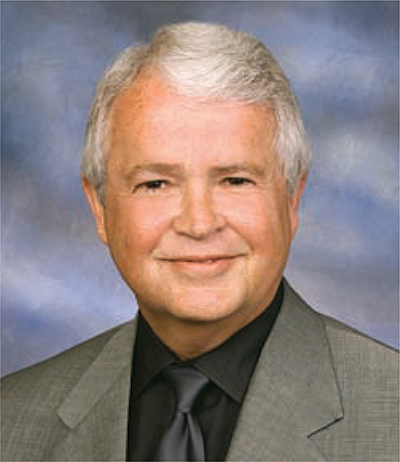Although communication policy about medicines often moves slowly in Washington, two events last week portend advances not seen in decades.
You’ve no doubt heard about the overwhelming vote in favor of the 21st Century Cures bill, but you may have missed the drama in a New York federal courthouse early in the week. In Washington, the House of Representatives passed a historic medicines bill. In New York, the FDA weakly defended its off-label marketing policies and set up the judge to issue a likely order limiting the FDA’s off-label enforcement.
Taking the Cures bill first, the House voted 344-77 in favor of measures that promise faster cures to American patients by spurring research at the National Institutes of Health, speedier drug and device approvals at the FDA and more robust communication with industry and providers. The next step is the Senate, where the companion bill has thus far languished but will likely be taken up this fall in time for enactment later this year or early next.
The House bill is formidable—over 300 pages—and would enact multiple provisions related to research, approvals and communication. The bill would require the FDA to streamline the drug-approval process, consider more flexible forms of clinical trials and incorporate patient experience into its decision making. Further, it would require the FDA to consider doctors’ clinical experience of a drug as well as clinical trials, and it encourages the agency to use new approval standards incorporating biomarkers, new clinical trial designs and surrogate endpoints.
Although largely ignored by the popular press, the bill’s three communication provisions could well open the door to much more robust communication and marketing by our industries.
First, the Physician Payment Sunshine Act provision sheds new light on shady interpretations by the Center for Medicare and Medicaid Services on education issues. The amendment, backed primarily by a coalition of medical societies, publishers and others coordinated by the Coalition for Healthcare Communication, was co-sponsored by Reps. Michael Burgess (R-TX) and Peter DeFazio (D-OR). Clarifying the original intent of the Sunshine Act, the provision would exempt from Sunshine-reporting certified CME events and the acceptance by doctors of medical reference texts and journal reprints.
Second, the payer-communication provision would significantly expand long-standing provisions that enable drug sponsors to talk openly with payers about some off-label issues, especially economic and comparative-effectiveness studies. This provision expands both the audience and the scope of the discussion, enabling discussion with “payers and similar entities” and increasing the range of studies that can be discussed.
The third communication provision sets a deadline for the FDA’s repeatedly delayed further guidance on off-label communication. Related to that, in the New York courtroom last Tuesday, off-label enforcement was the point of discussion. The argument did not go well for the FDA as the agency staunchly defended existing off-label marketing restrictions and refused to set a timetable for issuing guidance.
There, eminent First Amendment litigant Floyd Abrams argued for the plaintiff, drugmaker Amarin, that the court should file a preliminary injunction restraining the FDA from enforcing certain off-label restrictions on Amarin’s marketing communications. The Amarin court challenge was set up by two major federal court decisions casting doubt on the constitutionality of off-label restrictions: the 2010 US Supreme Court decision, Sorrell v. IMS Health, striking limits on drug marketing in Vermont; and the 2013 federal appeals decision, US v. Caronia, invalidating the conviction of a drug detailer for sharing truthful and non-misleading information that was off-label.
Early in the argument, Abrams stipulated that Amarin intended to engage in proactive, promotional, off-label speech. Much of the subsequent discussion turned on what disclaimers needed to accompany that speech, not whether Amarin has a right to speak.
Later, the FDA’s lawyer argued for a very narrow interpretation of Caronia, emphasizing that the decision turned on a faulty jury instruction. Paul Engelmayer, a federal judge for the US District Court for the Southern District of New York, disagreed, noting that the decision in his view stood for the proposition that truthful, non-misleading speech was constitutionally protected—even when it was proactive and promotional. A judicial order is expected within two to four weeks.
Bottom line, it was a good week for those seeking to expand treatment options to patients and to increase the communication about those options to clinicians.
John Kamp is the executive director at the Coalition for Healthcare Communication.








